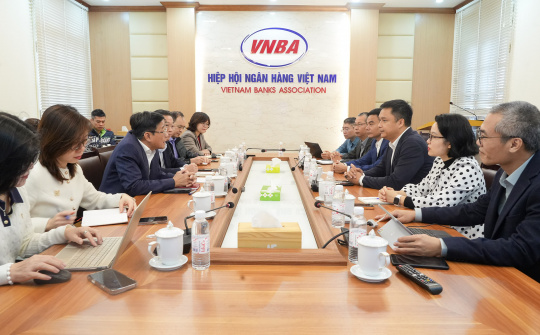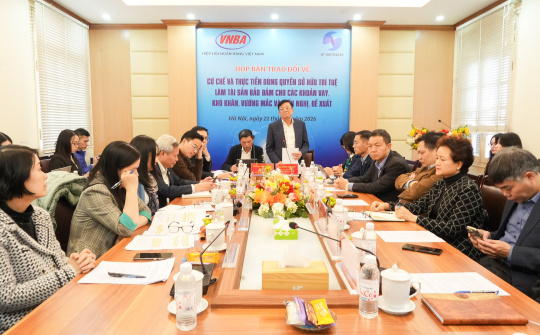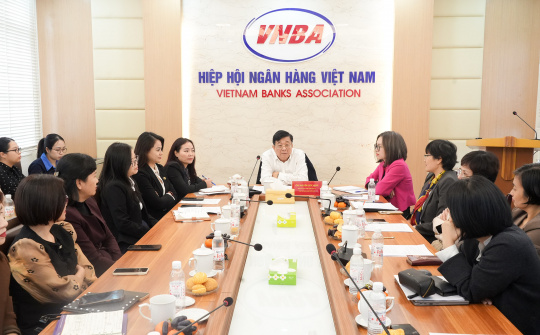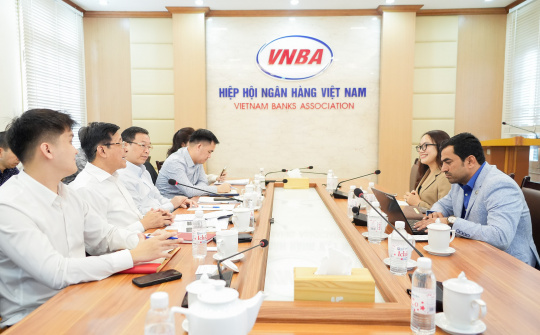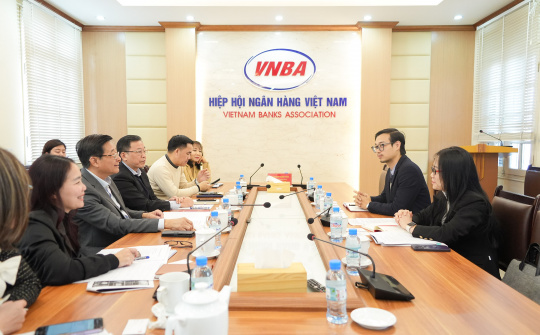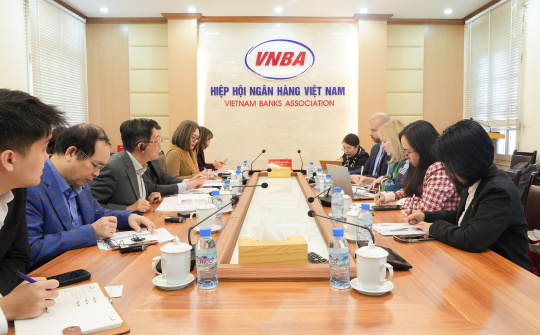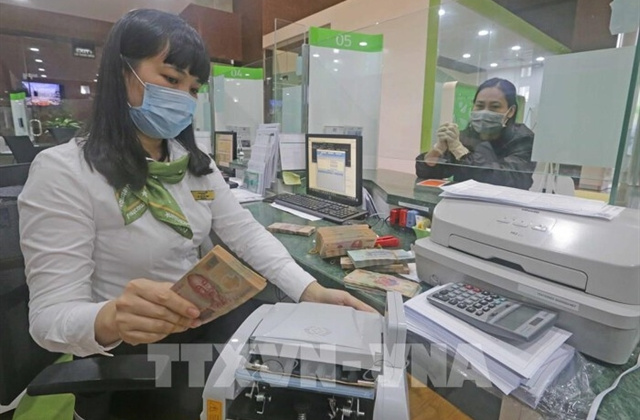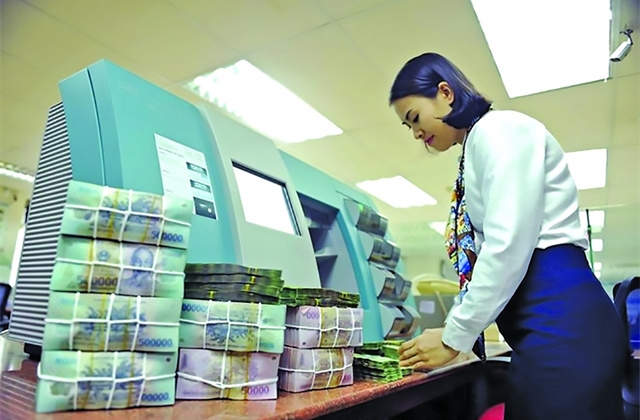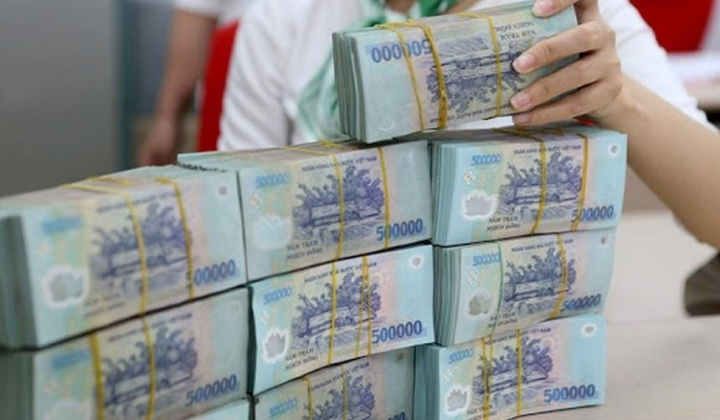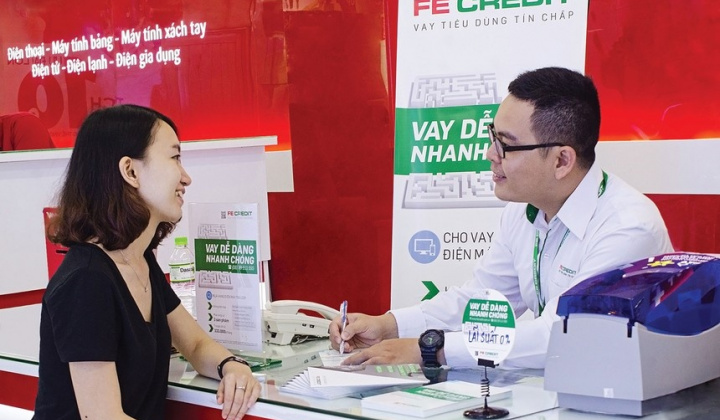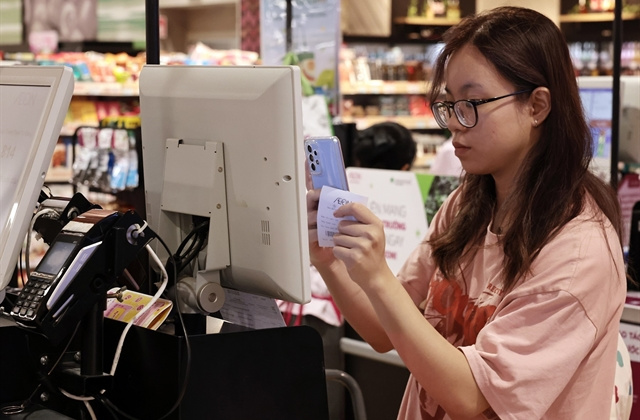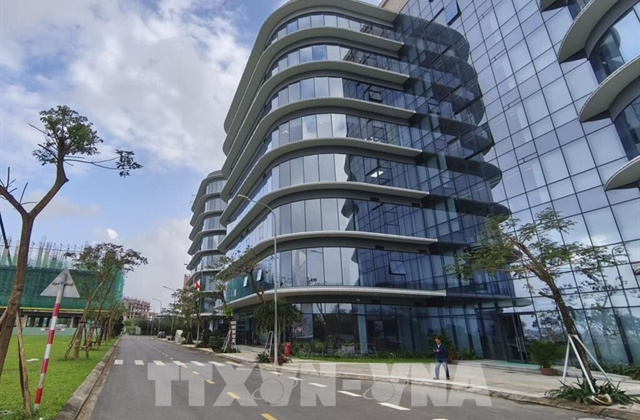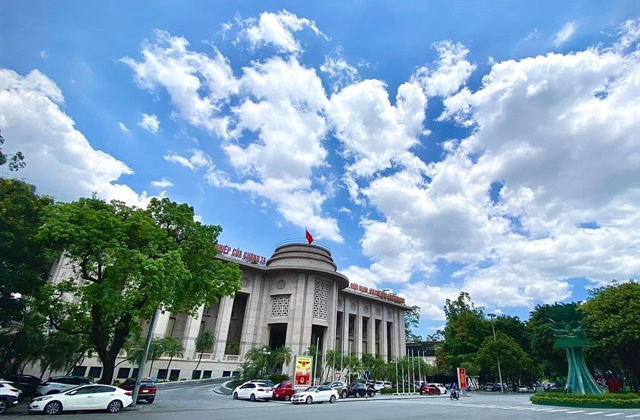The meeting took place as Vietnam reported significant positive signals in its digital transformation journey: by the end of 2024, the country recorded over 204.5 million individual payment accounts and 154.1 million bank cards in circulation. However, according to VISA’s Biannual Threats Report - Fall 2025, criminals are shifting to an "Industrialization of Fraud" model, using AI tools to scale attacks. This creates an "Authenticity Crisis," where synthetic content (Deepfake, Synthetic Identity) becomes virtually indistinguishable from legitimate material.
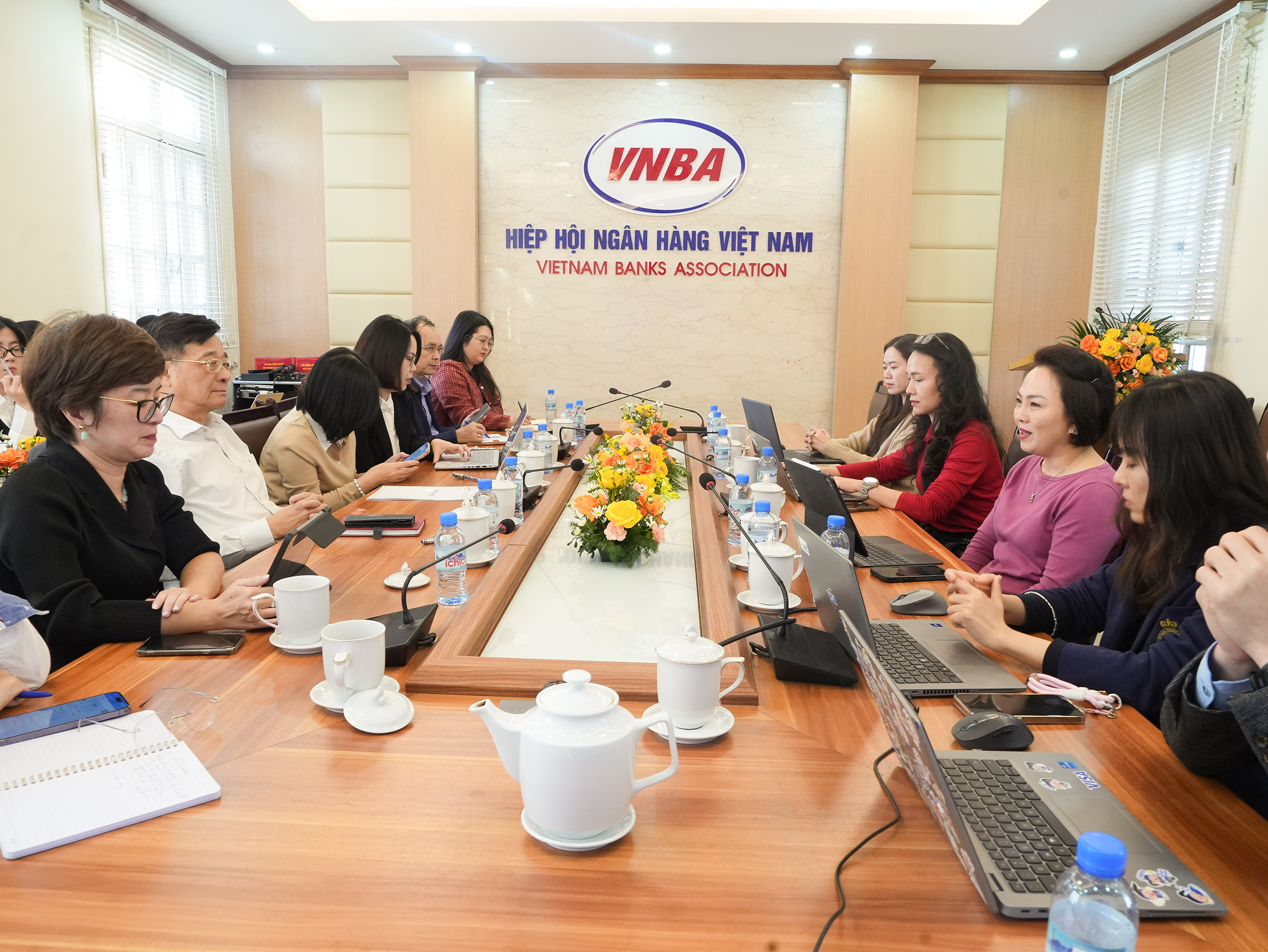
Ms. Đặng Tuyết Dung, Visa Country Manager for Vietnam and Laos, underscored the necessity of elevating the security strategy to the highest priority. She stated that institutions must decisively move away from outdated authentication methods like SMS OTP (which have demonstrated limitations) to risk management driven by Big Data and AI.
-
Harnessing Big Data: VISA's AI models analyze over 150 data fields per transaction to provide accurate risk scores and near-instantaneous fraud detection.
-
Tokenization and Click to Pay: These are the two advanced security platforms recommended by VISA. Tokenization replaces the 16-digit card number with a unique encrypted token, eliminating the risk of original card data compromise—especially vital as criminals target third-party vulnerabilities.
According to the updated situation of Payment Security and Biannual Threats Report presented by VISA, fraud is moving from individual behavior to industrial-scale operations. VISA's "Biannual Threats Report - Fall 2025" identifies five factors that are reshaping global payment security:
The Industrialization of Fraud: Criminals use AI tools and reusable infrastructure (botnets, synthetic identities) to operate with the efficiency and scalability of a technology company. Underground forums recorded a 477% increase in the number of mentions of "AI Agent".
The Monetization Playbook: Criminals employ a dual-speed strategy: moving slowly when storing data (85-93% of compromised accounts were at least 12 months old) and going full speed when monetizing via instant payment channels, making recovery nearly impossible.
The Authenticity Crisis: AI makes everything fake. Synthetic content including websites, identities, and fake business documents becomes “indistinguishable from legitimate business documents,” undermining traditional verification processes.
The Control Erosion Problem: Legacy defenses (velocity checks, manual checks) designed for a world where fraud moves at human speeds have become unreliable against distributed attacks, low-velocity probing, and AI-generated content.
The Third-Party Vulnerability Gap: The most serious vulnerabilities are occurring outside traditional financial institutions, at third-party service providers, processors, and merchants. VISA recorded a 41% increase in ransomware incidents affecting payment ecosystem organizations in the first half of 2025.
Dr. Nguyen Quoc Hung highly appreciated VISA's reports for their completeness of information, supporting data, and timely and effective fraud prevention measures.
Dr. Hung emphasized that in the context of strong digital transformation, coordination in handling quickly and effectively in preventing high-tech crimes is necessary. He warned that if each bank handles the situation individually without a cooperation mechanism, detecting and blocking fraudulent money flows will be very difficult, especially when many frauds take place in just a few minutes.
To address this issue, the VNBA officially issued the Handbook on preventing bank card fraud on September 30, 2025. According to the regulations in the Handbook, the maximum processing time is set within 3 working days from the time of detecting abnormal signs, relevant banks must exchange information and deploy preventive measures, ensuring speed and accuracy through the NAPAS system and the Association's communication channel.
Regarding future orientation, VNBA will continue to perfect the coordination mechanism; expand data connection with the Ministry of Public Security and apply Big Data analysis technology and artificial intelligence (AI) to detect fraudulent behavior early.
The ultimate goal is to build a safe and transparent financial ecosystem, with close coordination between banks, payment intermediaries and management agencies, to maximize user protection and strengthen market confidence.
The collaboration between VNBA and VISA signifies not just an information exchange but a concrete step towards building a safe and sustainable digital payment ecosystem in Vietnam, thereby reinforcing consumer trust.
VNBA News


